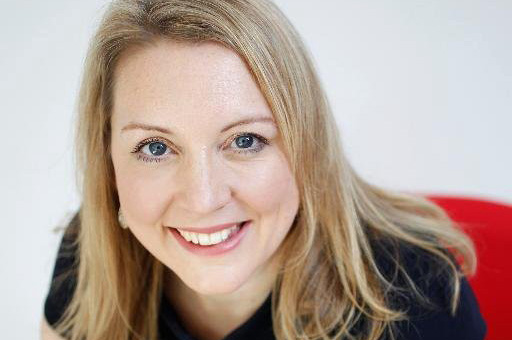Up and down the country volunteers from all walks of life are giving up their time and energy to support causes they care about. But sadly, when it comes to board level, all the statistics show a lack of diversity that does not reflect the experience of volunteers or beneficiaries.
The volunteers who serve on our country’s charity boards are the leaders of our sector, yet we’re still not tapping into the full power of this country’s diversity to help it be as great as it could be. This must change, and trustees have a responsibility to get involved.
There’s a growing body of evidence that a lack of diversity in teams leads, at best, to underperformance. Trustees therefore face not just a moral challenge when it comes to improving diversity and inclusion, but also a performance one in which the people most affected are the communities we are set up to work with and support.
So what can we do? Charities need to tackle diversity on their boards holistically, and the most successful are doing this in two ways. First, by stepping up, improving their processes and laying the groundwork for open recruitment. Second, by stepping back, creating the space for new people and perspectives in their boardrooms.
But what does stepping up look like in practical terms? When it comes to hiring, clarity is key. As a board, you need to know what you are looking for. That means finding out where your gaps are by running a skills and diversity audit.
Be open about the journey you are on. For example, you could consider stating what under-representation you have in your advert and saying you would particularly welcome applications from a particular background or skillset.
Closed recruitment is diversity’s death knell. The only way to bring in fresh ideas and thinking is by reaching out beyond our immediate spheres and avoiding the temptation of recruiting like-minded people through existing networks.
But don’t just post an advert and sit back. Be proactive in your availability for conversations and reach out as broadly as you can, if necessary by bringing in expert assistance.
When it comes to the interview process, think about how it could be improved. Consider, for example, how intimidating your panel might be to an outsider. How would a 20-something feel going into a panel interview with a team of older, experienced and opinionated board members? Give them an opportunity to build a relationship with you. After all, you’re asking them to make a big commitment as a volunteer too.
Stepping up means being open to different perspectives and investing in people who don’t necessarily have all the experience required – yet. Life experience can be just as valuable to have in the mix as a long-standing career. And believe me, some 20-somethings have more life experience than your average retiree.
As well as stepping up, the second part of tackling a lack of diversity is being prepared to step back. This means creating space for other people and perspectives. Around the boardroom table as well as during recruitment, trustees need to become allies by giving up power, space and seats at the table to new perspectives and experiences.
We all live in bubbles, and the challenge for our sector’s trustees is to break out of them and expand our networks to include people who aren’t like us in the governance conversation.
This isn’t easy work and it won’t happen overnight. That’s why it’s critical to set the right strategy for the individual organisation. It all comes down to culture and behaviour – good governance isn’t just about structures, regulation and compliance. And we know organisations that do this well see tangible benefits.
At an event I spoke at recently, the chief executive of Central YMCA, Arvinda Gohil, challenged the audience on this issue. She said she’d been talking about this for years and nothing had changed, and she asked: "What will be different in five years?"
No doubt the world around us will be very different. In the face of financial pressures, higher demand from beneficiaries, partners and funders, it would be easy to put our heads in the sand and plough ahead as usual.
But if we don’t harness the skills, experiences and perspectives of a broader set of people, we risk charities being left behind by more fluid movements such as Extinction Rebellion and Climate Strike, and seen as an irrelevance by young people, even though they’re the most socially engaged.
We know some of the ways to tackle this problem, and will learn more along the way. But the sector can’t afford to ignore this challenge, and it’s vital that trustees lead by example. Too many people depend on us getting this right.
Sophie Livingstone is managing director of Trustees Unlimited



